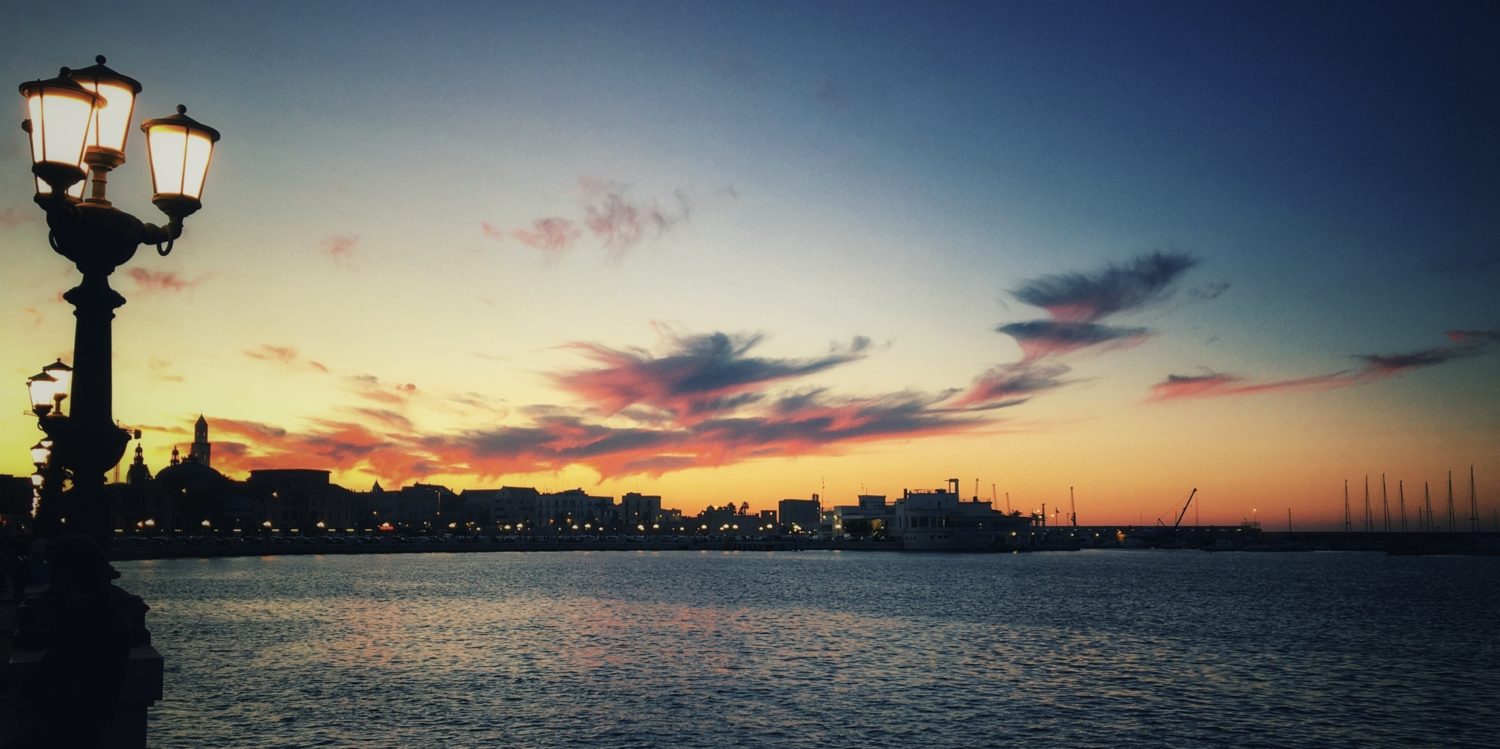It was during the uncertain days of the first wave of the pandemic in 2020 that I began listening frequently to the song ‘Love and Death’ by the Ghanaian highlife musician and bandleader Ebo Taylor. I first heard it on Mary Anne Hobbs’ BBC 6 Music show and she explained that Taylor had written it as a reaction to the breakdown of his first marriage. In the lyrics to ‘Love and Death’, Taylor compares the kiss of his former wife during their wedding ceremony to the “kiss of death”.
Musically, it’s an upbeat, yet bittersweet afrobeat number, combining wistful major seventh and minor seventh chords and a barbed lyric that preaches wisdom when it comes to matters of the heart with a buoyant-sounding horn section. Taylor originally recorded the song in 1980 for his album ‘Conflict’ (you can hear the original here) and then reworked it after collaborating with musicians from Berlin’s Afrobeat Academy in 2010 for an album of the same name, released on Strut Records. As ‘Love and Death’ reaches its crescendo, Taylor begins to switch between singing in English and a native Ghanaian language.
The story of ‘Love and Death’ (courtesy of Strut Records)
It was around a similar period that I started taking notice of two particular (and related) traditions in Southern Italy when it came to recognising new life, as well as acknowledging the people who have recently departed from the world.
Firstly, when a new baby is born, friends and family of the newly-born child’s parents will place a large bow or ribbon on the front door of their home; blue if it’s a boy and pink for a girl (centuries-old Italian traditions are yet to become gender-fluid). Kids are widely-celebrated in Italy and unlike in Britain, it’s completely normal to still see young children out late at night and dining with their families in restaurants or bars. Therefore, the birth of a baby is seen as a moment of great joy and one that that should be celebrated publicly and amongst friends and family, alike. The tradition of placing the ribbon above the door is so that the rest of the community can join in with the well-wishing too.

Photo courtesy of Rossi Writes.
Similarly, the Italians commemorate death in a very public way. When someone is unfortunate enough to pass away; a large white billboard-style poster announcing this news, along with the details of the funeral, will be put up somewhere prominent in their local community and sometimes even on the wall of their home, or place of work. Some of these posters feature an image of Jesus or the Madonna, or even the face of the deceased.
An example of these posters in the town of Turi in Puglia and a blue bow pinned to a door celebrating the arrival of a baby boy.
Although these death posters seem a little strange or even morbid to us English, the purpose of them is to show respect to the memory of the person who has passed away and to inform people of when and where they can pay their final respects. Sadly, during Spring 2020, new posters would pop up in my neighbourhood of Madonnella with an alarming regularity and locals would often pass by, pause for a moment and offer a solemn nod of acceptance, before then continuing with their day. It’s easy to see how the news would soon spread around the local area.
It’s safe to say that family is very important in Italy and many different generations will often live together under the one roof. In contrast to the UK and US where most teenagers can’t wait to fly the parental nest aged 18, It’s not unusual for young Italians to remain living in their familial home well into their late-20s or early-30s and I actually have heard of some Italians who stay at home or even move back home after having their children. If mamma and nonna are still around then perhaps it makes sense to make use of their renowned hospitality and even more famous culinary skills. In a country where families remain close, emotions tend to be worn on the sleeve and so much of everyday life plays out publicly or in the street, it’s not really surprising that birth and death are commemorated in such a typically extrovert way.



